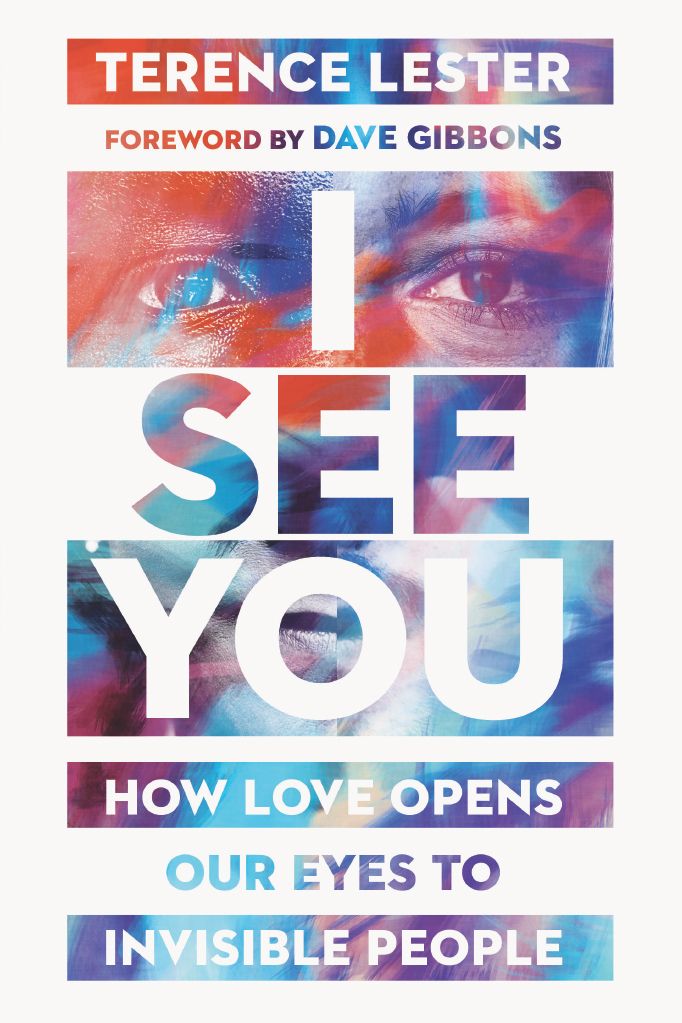Intro:
These days I preach from notes, so typically I can't easily fill in the spaces and blog. Besides, a homily really is for a specific day and place, for "those people" in the best sense of the word. However, for 29 January I typed out a lot before making notes (church pastor requests guest preachers to send her some content beforehand—a good idea in many ways), and from the compliments plus my own perception I believe it went well, so here you go. Not surprisingly, the real life sermon was a few minutes longer than it blogs. Scripture was Matthew 6:7-14. During the autumn through spring academic year they follow the Narrative Lectionary that emphasizes the larger story of God and God's people. This year the NL twins with the Revised Common Lectionary with Matthew as the featured gospel.
Matthew Background
Today we continue in Matthew's gospel. Each of the four gospels has a distinctive personality, flavor, and style. Along with Mark and Luke, Matthew is one of the gospels that views Jesus' life and ministry in a similar way. In fact, all three contain a lot of the exact same content. Scholars believe authors of Luke and Matthew had a copy of Mark, so they literally copied and pasted big chunks.
This is Matthew's year in both of the lectionaries that suggest scriptures to read and study, so we'll spend a lot of time on Matthew to learn more about the Jesus Matthew presents, more about the way Jesus teaches us to live.
Matthew starts out as the story of a new creation,
biblios geneseos—the same word as Genesis, the very first book of the bible. According to Matthew, Jesus of Nazareth's birth, life, death, resurrection, and ascension initiates this new creation, new genesis. According to Jesus, our lives and ministries continue the new creation, the new genesis.
As Matthew's gospel progresses, Jesus provides formal instruction in the Sermon on the Mount and offers parables about the reign of heaven. We see Jesus healing diseases and confronting economic, religious, and governmental powers that be.
Sermon on the Mount
Today we continue with the Sermon on the Mount. Jesus' sermon on the mount has five sections that parallel the five books of Moses in the Torah or Pentateuch: Genesis, Exodus…
Through Moses God gave the people ten words or commandments at Mount Sinai. Jesus brings us words of life in the Sermon on the Mount on another hill or high ground, with a different style from the commands God gave us through Moses, yet like the ten words/decalogue, Jesus is all about our flourishing together in safe, healthy, productive community. Jesus' entire ministry shows us how to live and love together in service, how to be church together.
Jesus was a rabbi or teacher who moved around a lot. For Matthew, Jesus is the ultimate teacher who wants his followers to be the best learners ever. As Pastor MAH mentioned, it's interesting that Matthew is the only gospel that uses the word church or
ecclesia; we mostly know the word "church" from the letters or epistles. This called out assembly (us) is the Roman City Council, the Los Angeles City Council, the New England Town Meeting that gathers together, deliberates together, and in our case, prays and worships together.
Starting with the Sermon on the Mount, Jesus' entire ministry shows us how to live and love together in service, how to be church together. Rabbi Jesus wants us to be the best learners ever. Jesus' ministry leads to healthy community. When we follow Jesus, our ministries lead to good community.
Jesus' Model Prayer / What is Prayer?
Today we're considering the model prayer Jesus taught his followers. We call it the Lord's Prayer, and almost all worship services include it in traditional or contemporary language.
But first, what is prayer? Prayer is communication with God. Prayer takes many forms. Sometimes we read prayers the church has treasured for a long time, such as from the liturgy and devotional books. Sometimes we speak words from our heart. Scripture includes many prayers. The book of Psalms was the prayer book and the hymnal of the synagogue; Christian hymnals include many songs based on psalms. There's silent prayer when you sit, stand, or maybe lie down to bask in God's presence. The apostle Paul told us to "pray always," which is an attitude of openness to God. You may have heard we usually become closest to those we talk with the most.
Prayer is communication with God. As we pray, God also communicates with us.
Let's look at this particular prayer Jesus taught his followers. Jesus outlined this prayer not necessarily for us to repeat the exact words as we do every week in worship, but to follow its general content.
Lord's Prayer/ Our Father
It starts out with addressing God and requesting God's name be holy or set apart. In that culture, a name reflected or described the essence of a person. A few months ago Pastor MH preached a sermon about Names of God. That could make an excellent study or journal entry for us to continue.
"May your kingdom come, your will be done" asks God to make the world heaven on earth.
Daily bread or bread for tomorrow? Food is essential! We can't keep on with other endeavors without food, water, sleep… In his Small Catechism Martin Luther explains "daily bread" is shorthand for everything we need. That would include solid housing and safe streets, streets and roads to get us from here to there, good government, functional families. Daily bread may include high-speed internet, too.
What else is essential for all of us? What is essential for you and your family? What would your "daily bread" list of essentials include? Is there anything you might leave off your list?
Forgive us our debts or sins
"Forgive us our debts or sins" is a huge one for everyone. Some versions of Jesus' prayer ask forgiveness for trespasses, which sounds like entering someone else's property without permission (in many senses, it is). In Jesus' world sin and debt essentially were the same thing. Tenant farmers, people who fished the sea, and those who sold goods and wares often found themselves owing their soul to landlords and to the government.
In this year 2023, the world is full of financial debt and obligation. Many people are in serious credit card debt from trying to stay afloat during Covid. However, this prayer also asks to forgive (the opposite of to give) all those ways we've offended people (friends, relatives, acquaintances, etc.) close at hand and on the other side of the planet, our lack of justice to creation, everything we've done to hinder our own well-being as individuals.
Forgive is far from saying and acting as if those sins and offenses are ok and didn't do harm. Forgiveness admits and acknowledges the serious wrong someone else or we ourselves have caused.
Forgiveness has nothing to do with tolerating sin. Forgiveness is not about minimizing or denying sin.
When I forgive I've turned the wrongdoing over to God so that sin no longer is a debt or burden to me or to my community. Literally giving the sin to God means the sin or offense becomes a debt to God. Forgiving a person releases them from our lives and turns the person and the offense over to God. And sometimes it's necessary to physically release a person from our lives, as well.
Shalom
We've taken a short look at the prayer Jesus taught his first followers, the prayer scripture gives us to learn from Jesus.
Last week Pastor MH talked about
shalom, the peace that's more than absence of conflict. The Lord's Prayer or Our Father prays, begs, and pleads for the reign or rule of heaven on earth.
Heaven on earth is the fulness of shalom. It begins with eliminating obvious physical, emotional, and interest conflicts, but shalom goes beyond that. Shalom is enough of everything we need to live healthy lives. As Martin Luther explained, actual daily bread or food (water, shelter, etc.) is only one part of our request in the Lord's Prayer. Shalom is integrity and honesty with each other here in community and with everyone we meet outside. Shalom is the Good News of the gospel fully lived out every day, everywhere we go.
Jesus the master teacher or rabbi teaches us how to be church together. Jesus wants all of us to be the best learners ever who pray, hope, and act to bring this world the new creation Matthew's gospel is about. We beg God to bring heaven to earth. We pray for the reign of shalom. We act in ways that welcome shalom.
Table of Grace
Again today Jesus invites us to the table of grace. This feast of life is about heaven on earth—the reign of life right here and right now. The Lord's Supper, Holy Communion, brings shalom into the world. All are forgiven. All is healed. All is whole. Everyone has enough. In the Lord's Supper we experience the new creation, if only for a fleeting moment.
Come, let us eat, for lo, the bread is spread!
Come, let us drink, for lo, the cup is poured!
You are welcome.
I am welcome.
We are welcome.
Amen? Amen!
To God alone be glory!
Amen!










